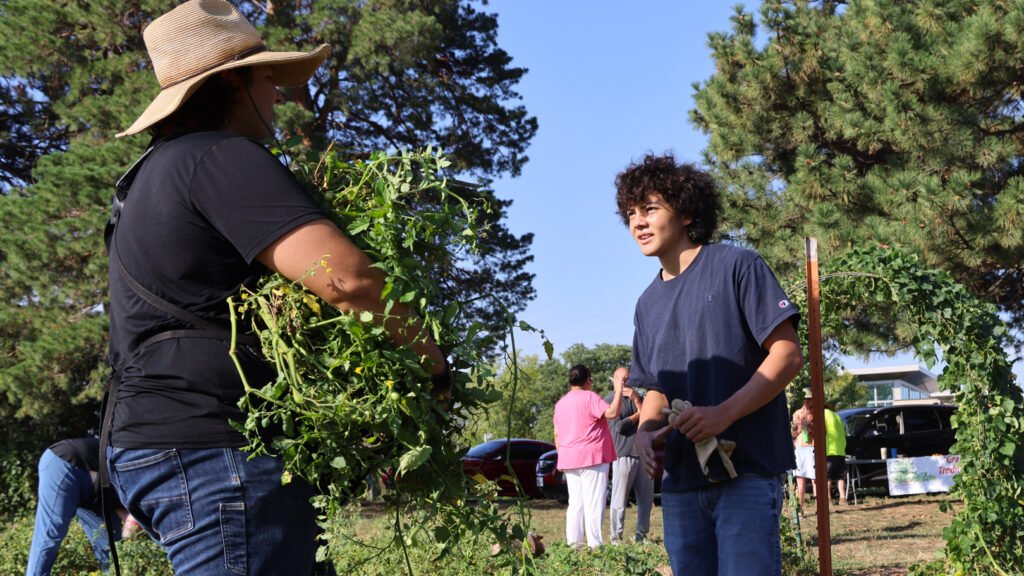The Agriculture and Natural Resources Institute at the University of Nebraska-Lincoln and the Native American Coalition have launched a new website offering business development assistance for Native entrepreneurs. The Turtle Island Trade Coalition website offers support and resources to Native food producers interested in expanding their customer base and business reach, and is now accepting applications for free membership.
“The original idea for the Trade Coalition was to re-establish trade between tribes,” says Timothy Thielen, program coordinator on the website. “Since many tribal groups are fairly isolated from one another, we provide our members with everything they need to do business: marketing issues, logistics, insurance, etc. The main goal is to give members a platform to share their stories, products, and journeys, and connect with others who share the same passion.”
The website, funded through a $25 million USDA Regional Food Business Center grant awarded to the University’s Nebraska Rural Prosperity Initiative in 2023, has two distinct purposes. First, it will provide Native entrepreneurs with business development resources, grant application assistance, information on setting up online sales sites, producer guides and consultations with program coordinators. Second, it will serve as a public-facing platform where entrepreneurs and business owners can create profiles and showcase and promote their businesses and products.
Ted Hibeler, extension educator for the Nebraska Rural Prosperity Association and director of the Native American Coalition, which founded the Turtle Island Trade Coalition, said the website will serve as a central hub for Native American businesses.
Seelen took this analogy a step further, tying the idea to the traditional concept of a medicine wheel: This website is not just a one-time visit; the resources, consultations, workshops and conferences available to members are intended to build on each other to create an upward cycle of growth.
Regarding the resources available to Indigenous entrepreneurs, Thielen said, “We adopt a circular rather than linear way of thinking because that’s how a lot of Indigenous people see their relationship to the world. People think differently based on their cultural background, so we have to make a special effort to make sure that their beliefs and ideas are respected and that we provide materials that are in line with their views and beliefs.”
In addition to being a central hub for food producers, the Turtle Island Trade Coalition also serves as a link between traditional Indigenous food production and digital marketplaces.
“There are a lot of Indigenous food producers, but finding an Indigenous food producer is like looking for a needle in a haystack,” Hibbeler said. [website] “That’s one way of talking to not only tribal nations but individual tribal members: Let’s go back to traditional ways of producing food. Let’s create an avenue to start trading with traditional partners. We’re trying to bring together two worlds: the modern market system and traditional tribal food production.”
Hibeler said Native Americans have struggled to maintain access to and production of their traditional foods. For example, only about 15 percent of the land on the Omaha Reservation in Thurston County is currently farmed by Native producers. Hibeler and Seelen see the website as a step toward overcoming generations of struggle for Native food sovereignty.
The name “Turtle Island” comes from a common Native American term for the North American continent, and Hibeler and Seelen hope to eventually add members from Canada and Mexico to the website.
“A lot of the issues we currently have with the lack of resilience in our food systems can be solved by providing Indigenous people with resources and education and allowing them to continue their traditional ways of life,” Thielen said.
To help share these resources, the Turtle Island Trade Coalition will host an in-person workshop titled “Empowering Indigenous Entrepreneurs” in the Arbor Suite at Nebraska East Union on June 15 from 9 a.m. to 1 p.m. Registration is free.

